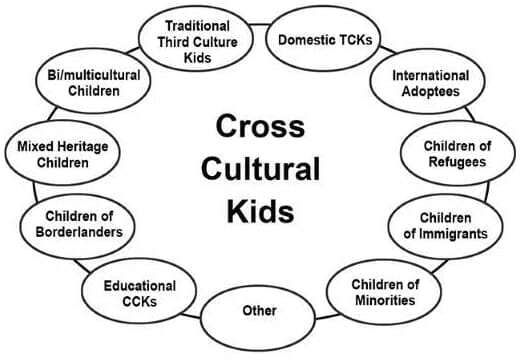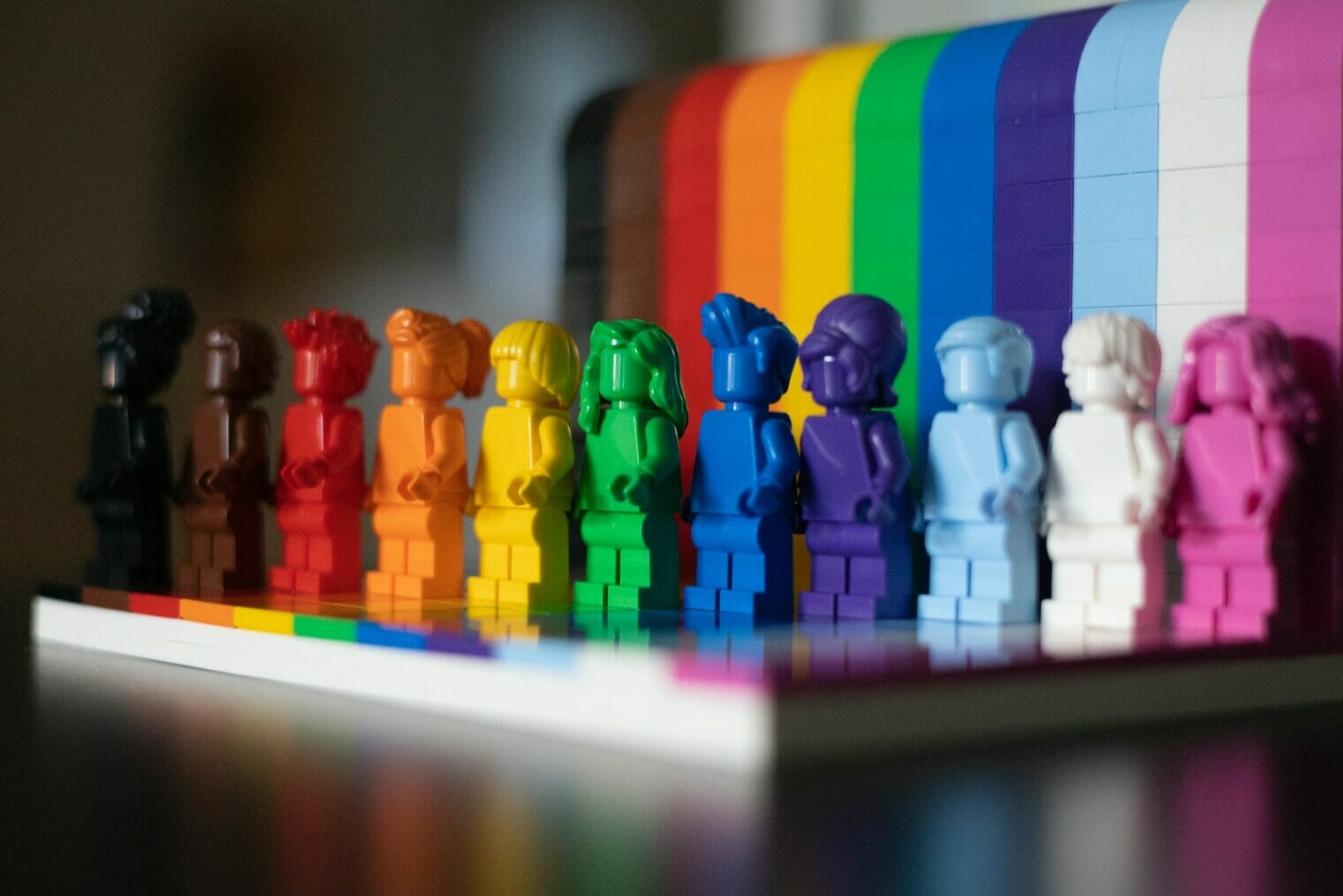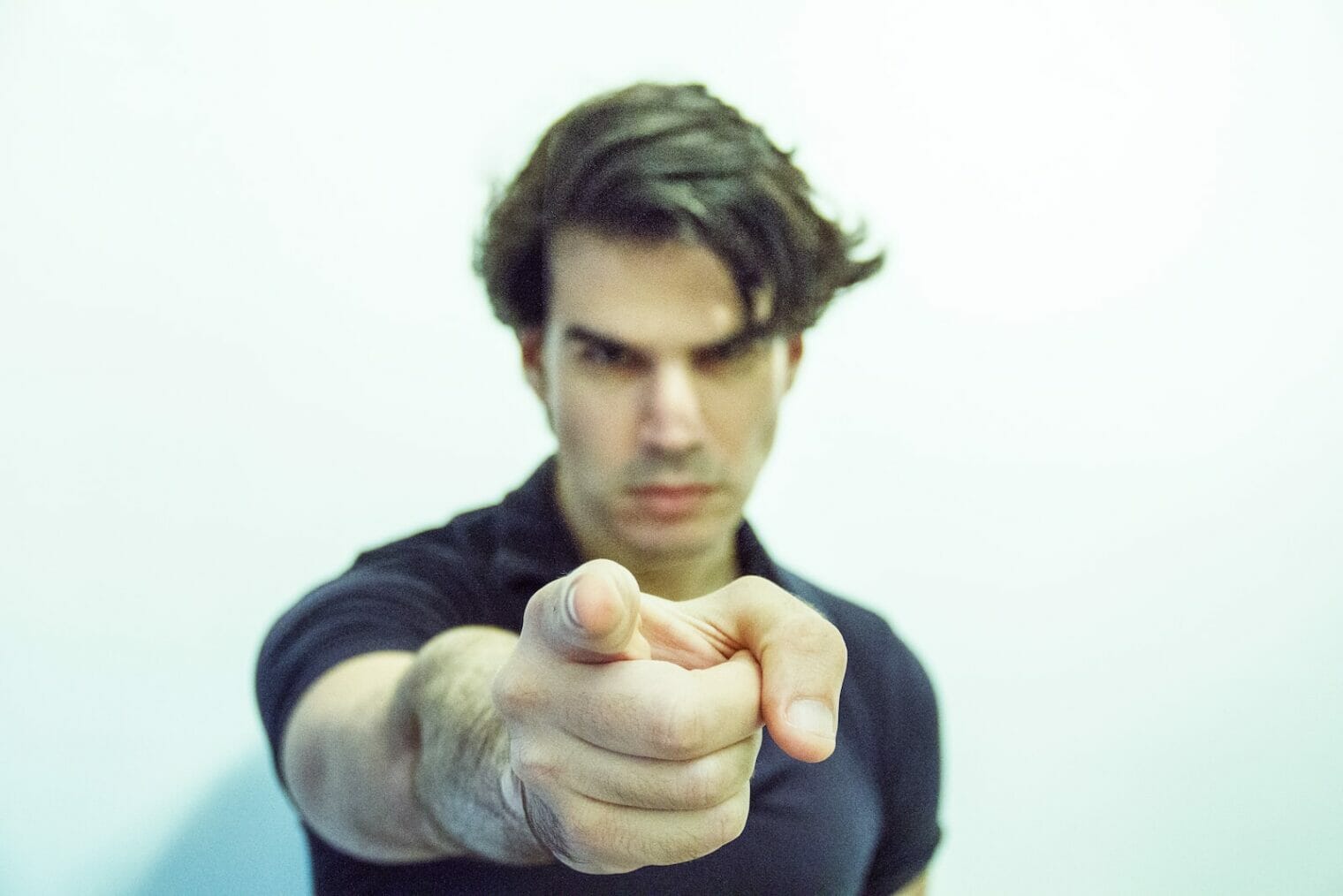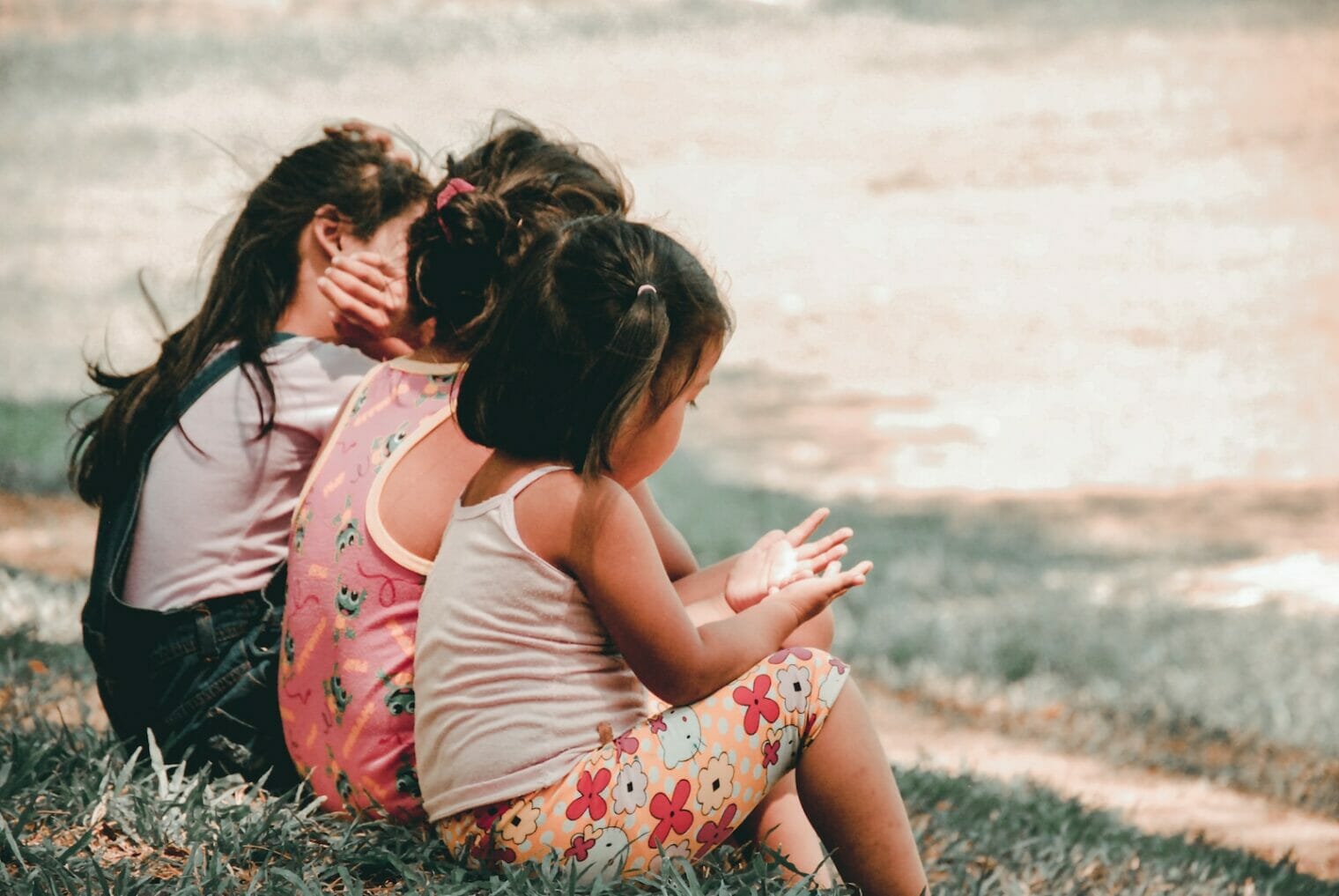Your cart is currently empty!

The Ultimate International Experience: Life As Third Culture And Cross Culture Kids
Cultural Identity and Multicultural Experiences
Both my parents are Taiwanese and I was born and raised in Taiwan before moving to NZ for a significant period of my early adulthood after high school. I hold two passports and dual citizenship from two different continents.
My nephew, 11-year-old, who has a Taiwanese mum and a British dad, was born in China, had lived in China until he was 6, and then the family made a move to Ireland, a place where he will finish his high school then will pursue his tertiary studies elsewhere again. He spends Christmas in England, summer in France, Chinese New Year in Taiwan, and has family dinners in 2-3 languages. These are just a couple of very common examples of people living between cultures either alone or with the family. My multicultural professional counseling work with immigrants, international students, local people, and also my own personal social connections with diverse groups provide me a very rich insight into TCK and CCK.

Jenny Hsu
is a New Zealand-trained and registered counselor experienced in working with the immigrant, expat, and international student populations. Jenny has worked extensively in New Zealand, and was the school counselor for Taipei European School for many years, advising students of various ethnicities. Hsu is dedicated to collaborative therapies and helping people view their identity as separate from their problems.
I’ve heard them talking about leaving pieces of their hearts in places they’ve lived but instead of losing pieces of their heart, they build strengths that non-TCK/CCK don’t have. Yes, saying goodbye hurts but they also learn how to say hello. We can encourage them to acknowledge that moving is hard and be kind to themselves. I have come to understand that I need time to grieve when I move between cultures even now as an adult and that’s why TCK/CCK especially needs that extra care and we need to be sensitive to their grieving process at this young age. It’s the resilience skill they are processing and it needs adults’ support during their transition so they know it should be seen as a change, an adaption in their life not as a traumatic experience or memory.
Most of the TCK/CCK don’t have a choice when their parents decide to move whether it’s for work purposes or other personal reasons.
Responses to “The Ultimate International Experience: Life As Third Culture And Cross Culture Kids”
uEUFDlhDqnW
9ETVALBws2e
7zv79PF8Nkk
p9MpTD6DCgO
Can you be more specific about the content of your article? After reading it, I still have some doubts. Hope you can help me. https://accounts.binance.com/zh-CN/register?ref=VDVEQ78S
Touched by what you read? Join the conversation!
-

Who can benefit from behavior therapy?
Dr. Ron van Houten noticed that pedestrian fatalities in his community were out of control. He was determined to find a solution so that children could safely cross the street. His research demonstrated a few sources of the problem: drivers were speeding, failing to yield, and stopping too closely to the crosswalks. It was evident…
-

We want to hear from you
Here’s your chance to make your voice heard in education and family wellness. curaJOY is a 501(c)3 non-profit that leverages cutting-edge technologies like AI/Machine Learning, 3D animation, and proven behavioral health practices to create root-cause solutions to improve families’ emotional wellness and healthcare equity. We partner with the brightest minds–psychologists, educators, parents, and youths–worldwide to…
-

How to get your kids to……
Motivate Your Kids to Get Things Done“Put the dishes away when you’re done.” “Don’t take your sister’s toys without asking her first.” How often do you feel like a broken record? Between after-school activities, homework, video games, soccer practice, and just keeping up with life, getting your kids to do what they’re supposed to do sometimes feels herculean and impossible.…
Read more >> about How to get your kids to……<br>Motivate Your Kids to Get Things Done




Leave a Reply